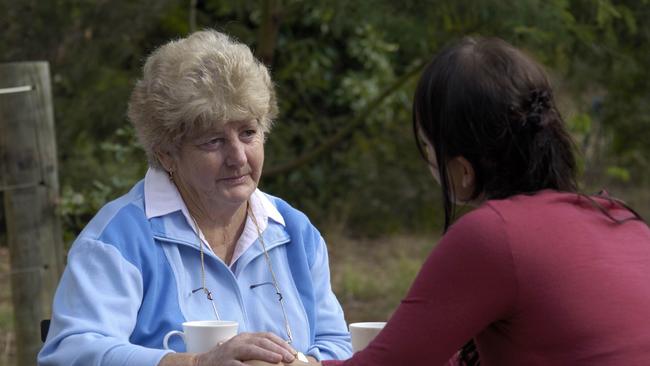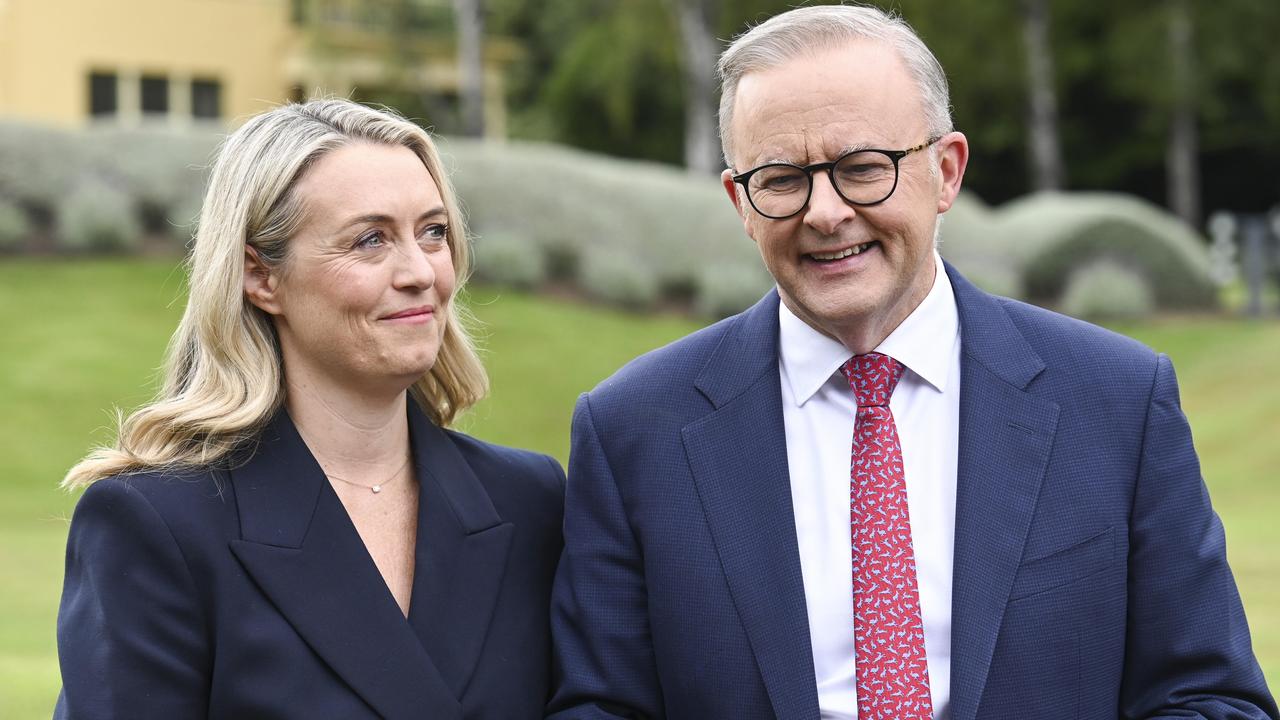Migrant program should focus on high skills, not filling care worker gap, says report
Plugging the shortfall in care workers through low-skilled migrants takes Australia a step closer to becoming a ‘guest worker’ society, a new report warns.

Bringing in more low-skilled workers from overseas to plug gaps in the care economy risks undercutting the wages of low-paid Australians and eroding trust in a migration system already accused of creating a “guest worker” society, a new study says.
Freeing up our “prescriptive” migration program to attract young, high-skilled, tech-savvy workers could bolster sluggish productivity growth and supercharge state and federal budgets by up to $160bn over the next three decades, the report by the Grattan Institute finds.
The paper, “Australia’s migration opportunity: how rethinking skilled migration can solve some of our biggest problems”, says the nation’s migration program is performing poorly.
“Employer sponsorship is both more complex and less certain, making Australia less attractive to globally mobile talent,” it says.
“Exploitation of low-paid temporary migrants abounds, undermining public confidence in migration. We risk squandering many of the benefits skilled migration offers.”
The report offers a range of policy prescriptions to encourage better national living standards through migration, but warns the federal government against relying on low-skilled migrants to buttress estimated worker shortages of up to 200,000 by 2050 in key areas of the economy such as aged and disability care. “Expanding less-skilled temporary migration could undercut the wages of low-paid Australians and further increase exploitation. It could also erode public trust in our migration amid concerns about Australia becoming a ‘guest worker’ society,” it says.
“It may be necessary to attract extra less-skilled migrants to meet care economy workforce needs in the short term but given the risks, it is a poor long-term solution.
“It would add substantially to the number of long-term temporary migrants in Australia with limited political rights. It would move Australia closer to a traditional guest-worker model in which a cohort of subordinate, always temporary migrants is continuously swapped out … before they can acquire the rights and entitlements (of) full membership of the community.
“Care-economy workforce shortages will only be fixed if wages increase better reflect what these jobs demand of workers,” the paper concludes.
Overall productivity gains could be made through the migration program if the government considered changing the permanent visa mix to bolster the number of skilled visas, it says.
Just one in four permanent visas issued in the past decade actually screened for migrant skills. Another one in four went to skilled migrants’ immediate families, where skills aren’t assessed, and the rest fall under the family and humanitarian streams.



